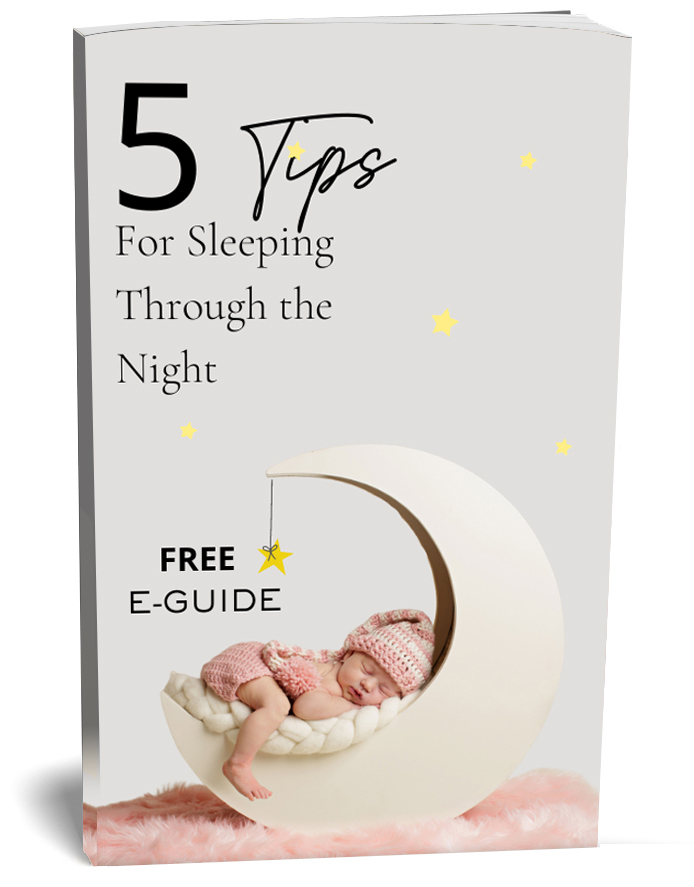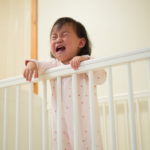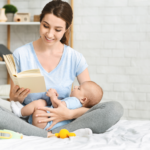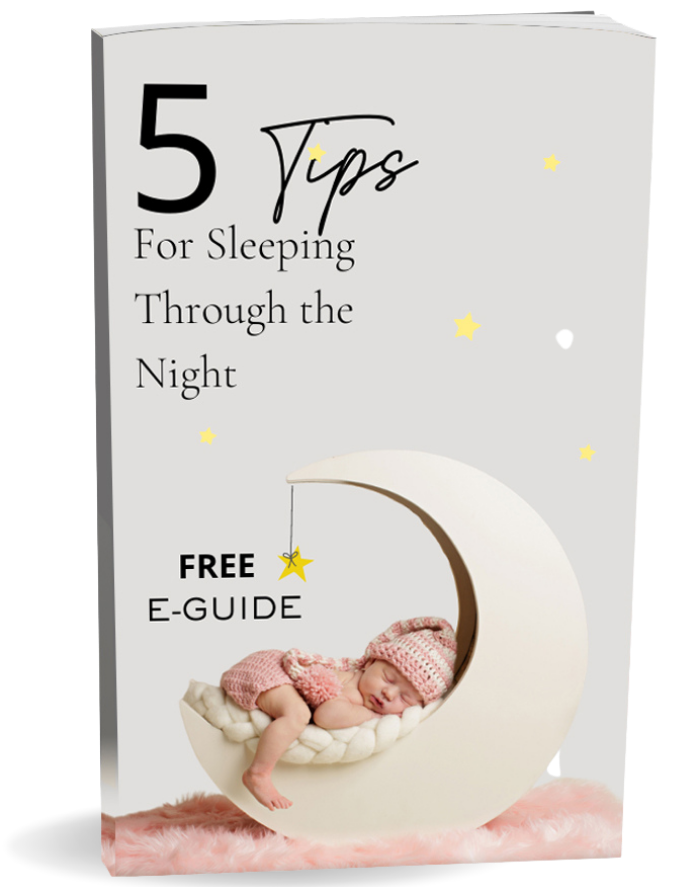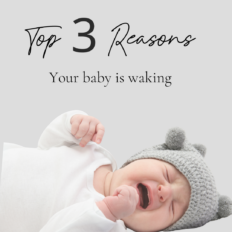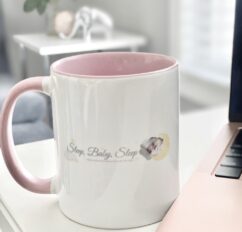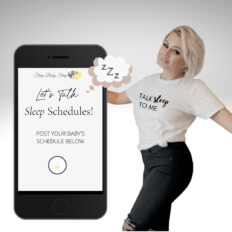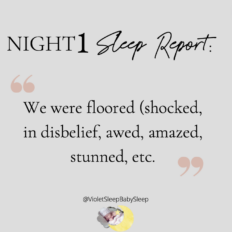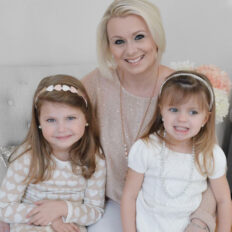
As parents, we all want our little ones to feel safe, secure, and loved. But as they grow, there comes a time when our babies start to realize that we’re not always right by their side. This realization causes what is called baby separation anxiety. But don’t worry! If you’re dealing with this right now, it’s completely normal!
If you’re navigating through this phase with your baby, you’re not alone. Let’s dive into what separation anxiety is, why it happens, and how you can help your baby (and yourself!) get through it with a little more ease.
First, What is Baby Separation Anxiety?
Baby separation anxiety usually kicks in around 6 to 8 months and can peak between 10 to 18 months. It’s when your baby becomes upset, anxious, or even fearful when you’re out of sight. This is a natural part of their development as they start to grasp the concept of object permanence – the understanding that things (including you!) continue to exist even when they’re not visible.
But, of course, knowing this doesn’t make it any easier when your baby cries every time you leave the room or clings to you like glue. So, how can we help our little ones feel more secure during these moments?
Tips to Help Ease Separation Anxiety
- Practice Short Separations: Start with brief moments of separation while you’re at home. You can step out of the room for a few minutes and then come back shortly after. This helps your baby learn that even when you leave, you’ll always come back.
- Create a Goodbye Ritual: Establishing a consistent routine when you say goodbye can be comforting. Whether it’s a hug, a wave, or giving a couple of forehead kisses, a predictable routine can help ease the anxiety.
- Stay Calm and Confident: Babies are incredibly intuitive and can pick up on your emotions. If you’re anxious or worried about leaving, they’ll likely feel it too. Stay positive and calm, reassuring them that everything is okay.
- Introduce Comfort Objects: A favorite blanket or stuffed animal can be comforting when you’re not around. These “transitional objects” can offer a sense of security to your baby.
- Build Trust with Consistency: Stick to a predictable routine for naps, feedings, and bedtimes. This consistency helps your baby feel safe and know what to expect.
- Don’t Sneak Away: As tempting as it might be to slip away unnoticed to avoid tears, it’s important to let your baby see you leave and hear you say goodbye. Sneaking away can actually increase their anxiety, making them more fearful that you might disappear without warning.
- Give Them Time to Adjust: If you’re starting daycare or having a new caregiver, allow time for your baby to get familiar with the new environment and people. Gradual introductions and staying with them for a while before leaving can make the transition smoother.
Don’t Forget about YOU
Supporting your baby through separation anxiety is crucial, but don’t forget about yourself! Taking care of yourself during this time is just as important. Remember to carve out moments for your own well-being, prioritize self-care, and take breaks when needed. And, seeking support from friends or family can be a HUGE sigh of relief – talking to others who have faced similar challenges will make you feel less alone.
When to Seek Extra Help
Most of the time, separation anxiety is just a phase that your baby will grow out of as they become more independent. However, if it seems to be getting worse, lasting weeks or months, or affecting your baby’s ability to sleep, it might be worth discussing this with a baby sleep consultant.
Helping Your Baby Through Separation Anxiety
Separation anxiety can be really challenging, both for you and your baby. It’s completely normal, and with time, this phase will pass. But during this period, how your baby falls asleep can make a big difference in how smoothly things go. For example, if your baby gets used to falling asleep only when they’re rocked, fed, or held, they might struggle more when it’s time to sleep without those things. These sleep associations can make it harder for your baby to learn to self-soothe and fall asleep on their own, leading to more wake-ups and less rest for everyone.
That said, every baby is different, and what works for one might not work for another. If you’re finding it hard to break these habits or if you’re worried that things aren’t improving, it might be a good time to consider some tailored strategies. There are specific techniques that can gently help your baby feel secure and confident in their ability to fall asleep without needing those props. With the right guidance, you can make this transition smoother and ensure everyone gets the rest they need.
Need Extra Support? I’m Here to Help!
If you’re struggling with baby separation anxiety or any other sleep challenges, my baby sleep consultation services are here to guide you through it. With tailored advice and support, we’ll work together to create a plan that helps your baby sleep better — and helps you find peace of mind.
Click here to learn more about my baby sleep consultation services and book your session today!

